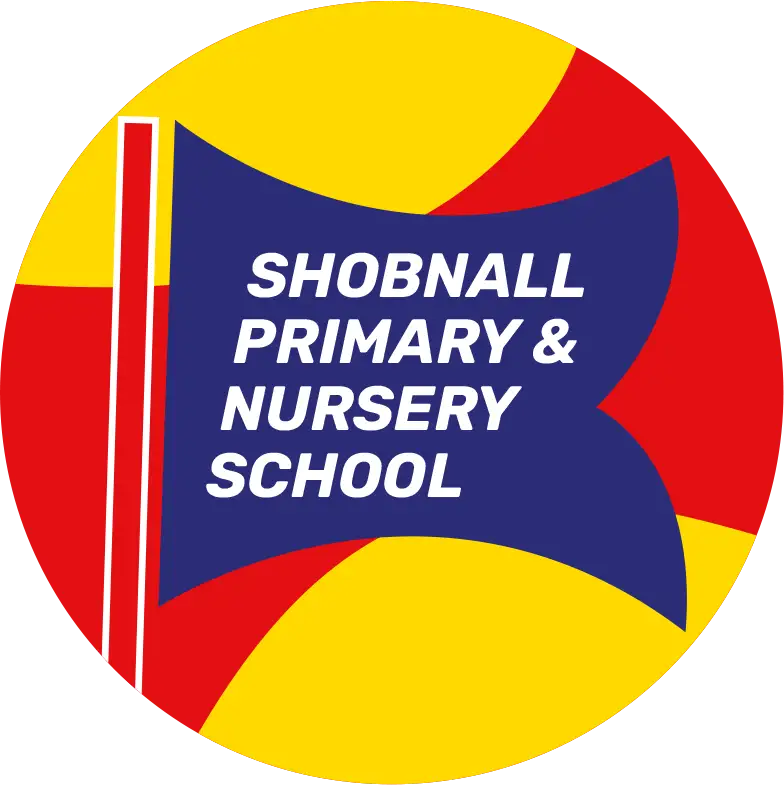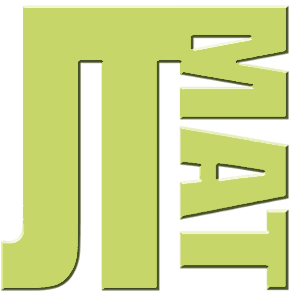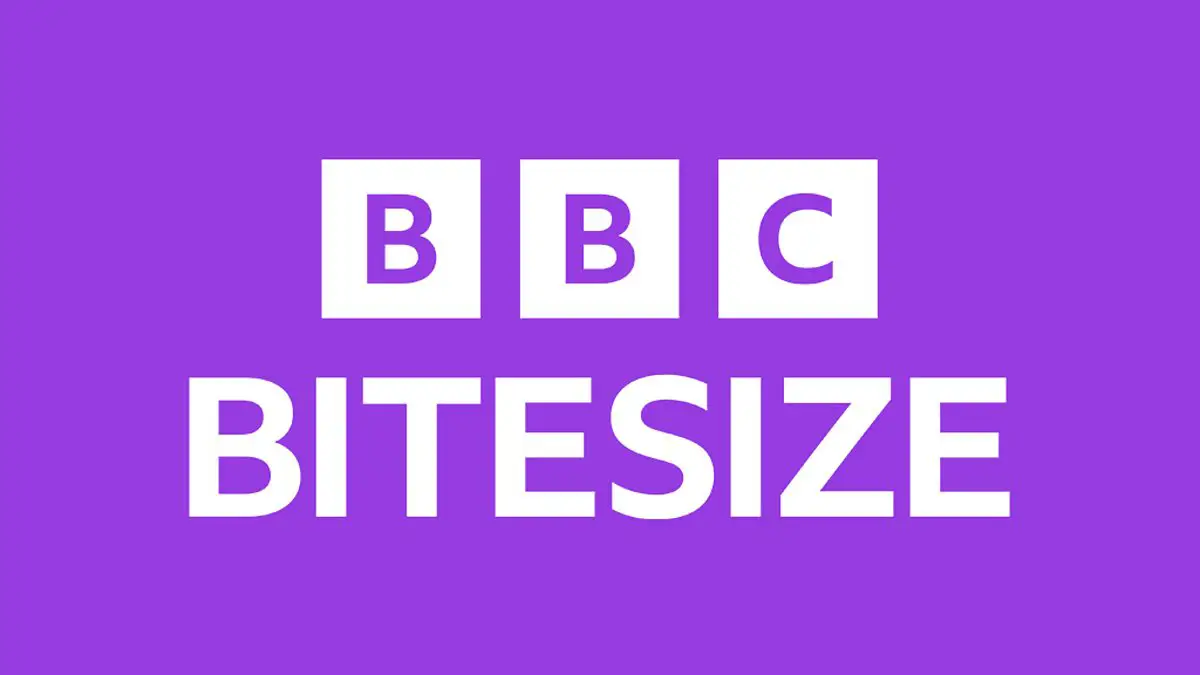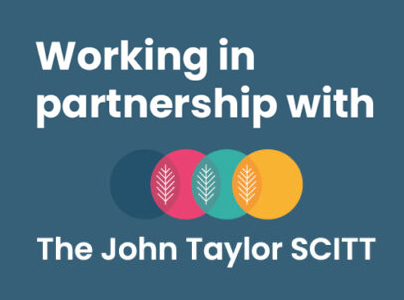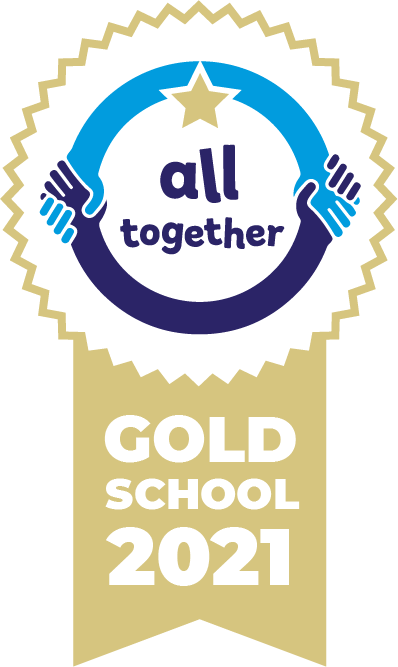Languages
Subject Leader
Miss R. Barker
Salut, je m’appelle Mademoiselle Barker et je suis responsable des matières françaises à l’école primaire Shobnall. Apprendre une langue étrangère est une libération de l’insularité et offre une ouverture sur d’autres cultures. Un enseignement des langues de qualité stimule la curiosité des élèves et approfondit leur compréhension du monde.
Pour créer une culture positive autour du français, nous utilisons le contenu clé du programme national et examinons comment cela peut être utilisé pour garantir qu’un programme de langues solide donne aux élèves les moyens de travailler et de visiter d’autres pays.
Nous sommes très fiers du fait qu’à l’école primaire Shobnall, nous emmenons des enfants de 5e et 6e en Normandie en France pour appliquer tout ce qu’ils ont appris de première main!
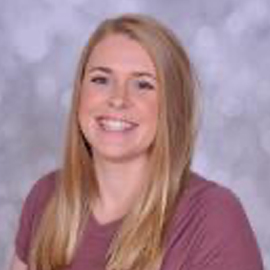
Vision
At Shobnall Primary & Nursery School, our vision is to enable children to have a strong awareness of the culture of the country where the language is spoken. They will have a passion for languages and a commitment to the subject!
Aims and Goals
Learning is a change to long-term memory. Our aims and goals are to ensure that our students experience a wide breadth of study and have, by the end of each key stage, long-term memory of an ambitious body of procedural and semantic knowledge:
Understand – We ensure our pupils have the confidence to speak with good intonation and pronunciation in French. They have some fluency in reading and imagination in writing.
Utilise – We motivate our pupils to have an independence in their studies and the ability to draw upon a wide range of resources.
Use – We encourage our pupils to have the ability to use language creatively and spontaneously.
Curriculum
At Shobnall Primary & Nursery School, pupils begin learning a language at Key Stage 2. The children are aware that they will be visiting France in year 6, which gives them a focus and purpose for their study. The primary national curriculum for languages aims to ensure that all pupils:
- understand and respond to spoken and written language from a variety of authentic sources
- speak with increasing confidence, fluency and spontaneity, finding ways of communicating what they want to say, including through discussion and asking questions, and continually improving the accuracy of their pronunciation and intonation
- can write at varying length, for different purposes and audiences, using the variety of grammatical structures that they have learnt
- discover and develop an appreciation of a range of writing in the language studied.
Assessment
Children demonstrate their ability in French in a variety of different ways. Younger children may, for example, dress up in costumes from different parts of the world, whilst older pupils might produce a PowerPoint presentation based on their investigations of the culture and traditons. Teachers will assess children’s work by making informal judgements during lessons. On completion of a piece of work, the teacher assesses the work and uses this information to plan future learning. Written or verbal feedback is given to the child to help guide his or her progress. Older children are encouraged to make judgements about how they can improve their own work. Once they complete a whole unit of work, we make a summary judgement of the work of each pupil in relation to the National Curriculum levels of attainment. We record the attainment grades.
Cross-Curricular
Our French curriculum aims to take advantage of a range of opportunities for children to make links between different subject areas, supporting the use and application of what has already been taught and learned in new and different ways and providing opportunities for deep, meaningful learning.
Visits and Enrichment
Educational visits and visitors are a fantastic opportunity for all pupils and truly enhance the teaching and learning of French. Enabling children to make links between their learning in class and their first hand experiences of the real-world are valuable learning opportunities.
We have carefully selected experiences to allow our children to have engaging, educational experiences. We offer children the opportunity to go on a residential visit to France in year 6, where they learn about the physical and human geographical features, visit the beach, use the language they have learnt and explore the culture the country has to offer.
Pupil Voice
The children in key stage 2 are really positive about their French lessons and are really eager to talk, especially about the trip to France! A particularly memorable lesson some year 5 pupils talked a lot about was where they had designed an ice-cream they would like to order in France. The children could name the different flavours and were able to say how they would order it. One child said that they, “enjoyed this lesson so much because it was creative and it was useful”. The children said that the French trip had really inspired them to learn more French.
Documents and Useful Links
Please see below a selection of documents that relate to the intent, implementation, and impact of French teaching and learning at Shobnall Primary & Nursery School. Click on the links below for useful resources too!
